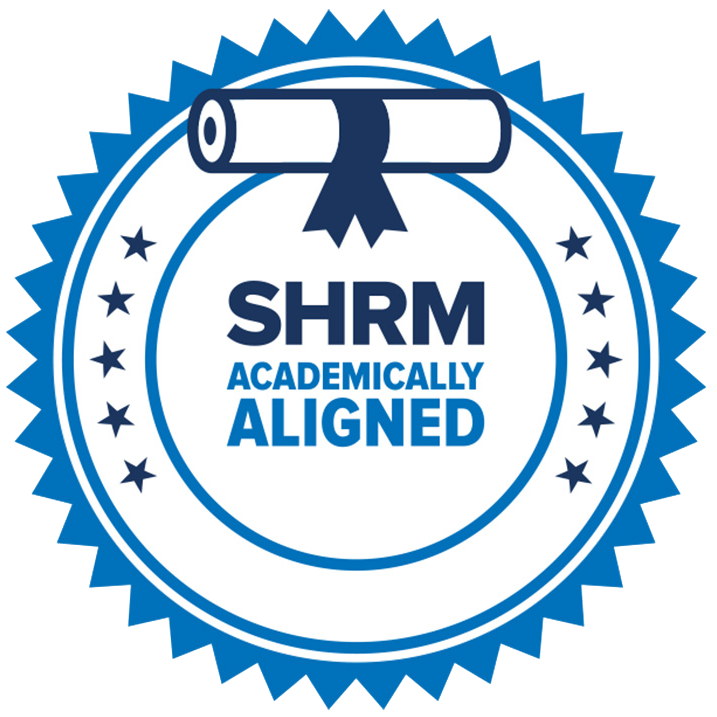#1 in the U.S. for legal master’s graduates
Ahead of Northwestern, Georgetown, USC and Texas A&M
– National Center for Education Statistics, 2019-2023
Get the HR expertise employers want, with the flexibility you need.
Are you looking to take the next step toward advancing your career in human resources? Explore the Master of Human Resources and Employment Law (MHREL) program at the Sandra Day O’Connor College of Law at Arizona State University. Offered fully online or on campus, this flexible degree program helps non-lawyers in the human resources, recruitment and operations fields to better understand the legal and regulatory structures to effectively support the needs of their businesses and organizations.
Designed and aligned with Society for Human Resource Management guidelines, a master's in human resources will prepare you with a specialized education with an emphasis in HR and employment law, and prepare you for the SHRM Certified Professional (SHRM-CP) exam.



